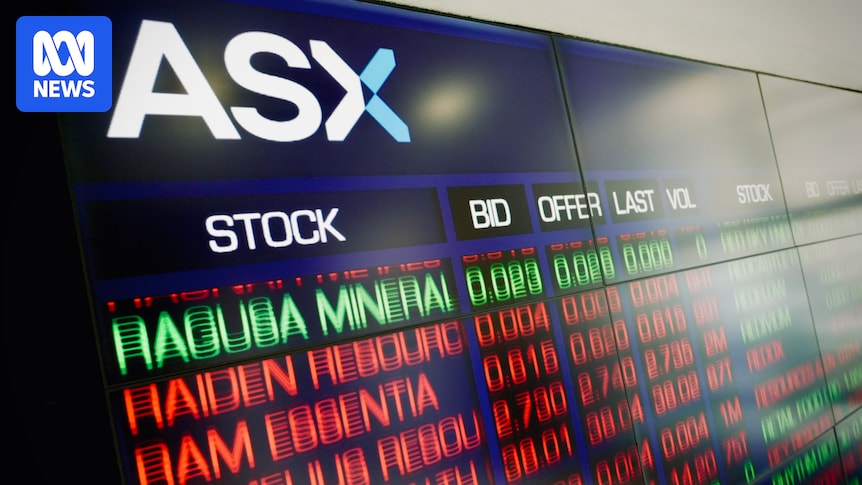
The Australian Securities Exchange (ASX) experienced a significant downturn, with the ASX 200 index dropping to its lowest level in nearly five months. The index fell by as much as 2.16 percent to reach an intraday low of 8,450 points, eventually closing the day down 1.94 percent at 8,469 points. The broader All Ordinaries index mirrored this trend, closing down 1.99 percent at 8,738 points, resulting in a staggering $59 billion being wiped off the market value of Australian stocks.
Market analyst Tony Sycamore highlighted the severity of the decline, noting that the ASX 200 has fallen by 7.3 percent over the past month, erasing a cumulative $220 billion from the market capitalization of the Australian stock market. Meanwhile, shares on the Tokyo Stock Exchange also suffered, with the Nikkei index dropping 3.12 percent to 48,751 points.
Market Turmoil and Sector Impact
The day’s trading was marked by a steady decline across Australian stocks, with the Information Technology sector experiencing the most significant losses, tumbling 3.27 percent. Tony Sycamore described the situation as a “perfect storm” for Australia’s major players, citing investor anxiety over Nvidia’s upcoming earnings report and the crucial US September jobs report.
“On top of that, ongoing unease about private-credit exposures has intensified the broader mood of risk reduction, as have 20-year JGB [Japanese Government Bond] yields surging 6bp [basis points] to 2.80 percent ahead of the unveiling of a new stimulus package,” Sycamore stated.
Locally, 175 stocks on the ASX ended the day in negative territory. TechnologyOne Ltd was notably affected, finishing at the bottom with a 17.2 percent drop, marking its worst trading day in nearly 23 years. The company’s annual profits fell short of analyst expectations, contributing to its sharp decline.
Global Influences and Economic Signals
Fears surrounding Nvidia’s earnings have gripped the market, given the company’s role in driving Wall Street to record highs. Senior global strategist Michael Every pointed out that “Japanese 20-year JGB yields just hit the highest since 1999,” prompting a high-level meeting between Japan’s Prime Minister Takaichi and Bank of Japan Governor Ueda.
Adding to the market’s unease were hawkish comments on interest rates from both the Commonwealth Bank and the Reserve Bank of Australia. The Commonwealth Bank’s chief executive, Matt Comyn, addressed a parliamentary hearing, stating that it is “unlikely” interest rates will change in the near term, including any reduction in the cash rate by 2026.
“Japanese 20-year JGB yields just hit the highest since 1999, prompting a meeting at 15:30 Japan time today between PM Takaichi and BOJ Governor Ueda,” noted Michael Every.
Looking Ahead: Market Reactions and Predictions
The announcement from the Commonwealth Bank and the Reserve Bank’s meeting minutes have contributed to a cautious market outlook. Investors are now closely watching upcoming economic reports and corporate earnings for further direction.
As the global economic landscape continues to shift, market participants are advised to stay informed about both domestic and international developments that could impact investment decisions. The ongoing volatility underscores the importance of strategic planning and risk management in navigating these uncertain times.
The financial community will be keenly observing Nvidia’s earnings release and the US jobs report later this week, which are expected to provide further insight into the broader economic climate. Meanwhile, the stability of interest rates as predicted by the Commonwealth Bank could offer some reassurance to investors concerned about long-term financial planning.
Disclaimer: This article is not intended as investment advice.







